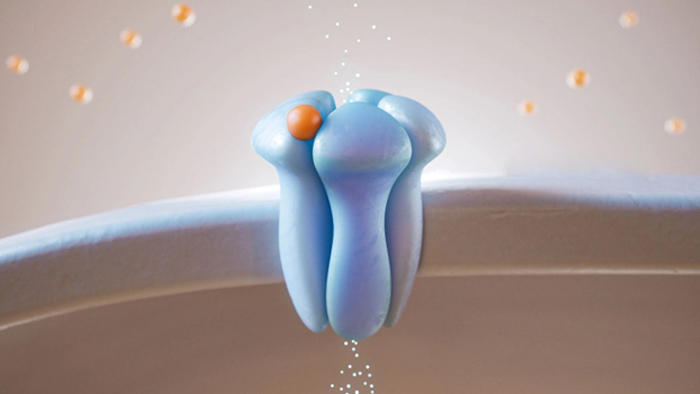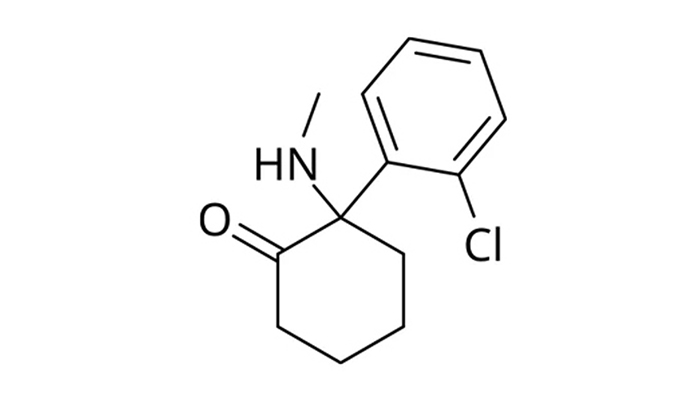Sunday, May 28, 2023
Alexander Papp MD
Most of our readers know about antianxiety medications like Valium or Klonopin, and may know that their generic names are diazepam or clonazepam. The “pam” in these names stands for Positive Allosteric Modulator, and this fancy term means that these drugs change the shape of the GABA receptor to make it more active, causing a sense of relaxation.
The new oral drug recently approved by the FDA is a different kind of PAM – it changes the shape of the receptor in a way that can ease symptoms of postpartum depression.
It is the first (but likely not the last) medication that exerts its antidepressant effect by working not on the now familiar systems of serotonin and company, but on the GABA system.
Zuranolone (with brand name Zurzuvae) is a pill that is taken once daily for 14 days. Women suffering from postpartum depression may experience improvement as soon as 3 days after starting the medication, compared to 2 weeks with typical antidepressants.
The medical community has always suspected that postpartum depression is different from major depressive disorder, and that hormonal shifts during pregnancy and postpartum are a huge risk factor for postpartum depression.
Zuranolone is a version of a hormone called allopregnanolone, created by the body from progesterone, that works through modulating the effect of GABA, a neurotransmitter now implicated in the development of depression, by changing the shape of its receptor.
Guidelines suggest that women should be screened for depression at least three times during pregnancy. Severe postpartum depression requires immediate attention and treatment.
Clinical trials showed early response in patients with severe postpartum depression, and the antidepressant effect lasted at least 4 weeks after stopping the medication. Drowsiness, dizziness, diarrhea, fatigue, nasopharyngitis, and urinary tract infection were the most common side effects.
Experts hope that this first pill approval will lead to more discoveries and that they can improve the lives of millions of women suffering from postpartum depression.







